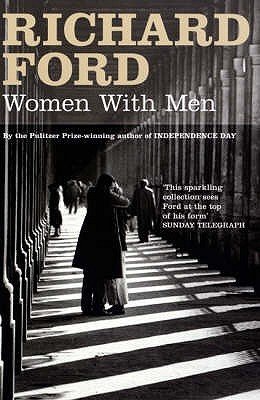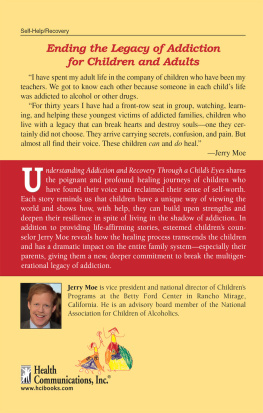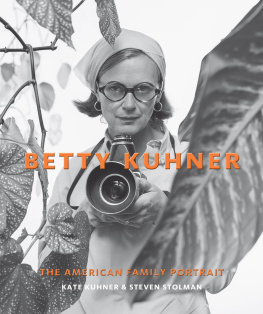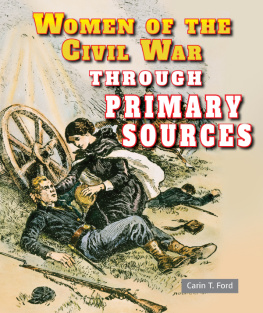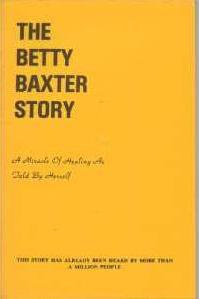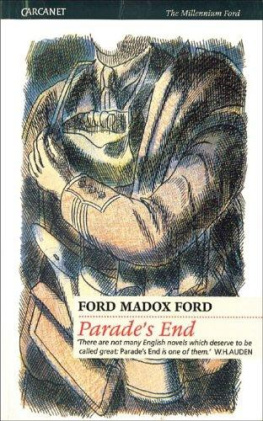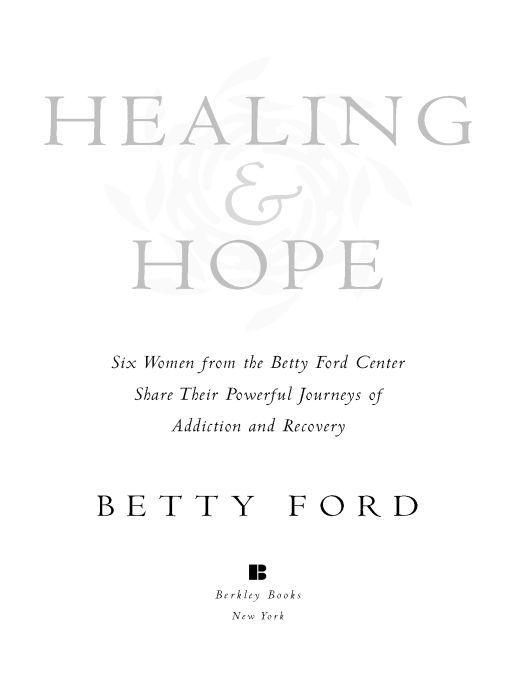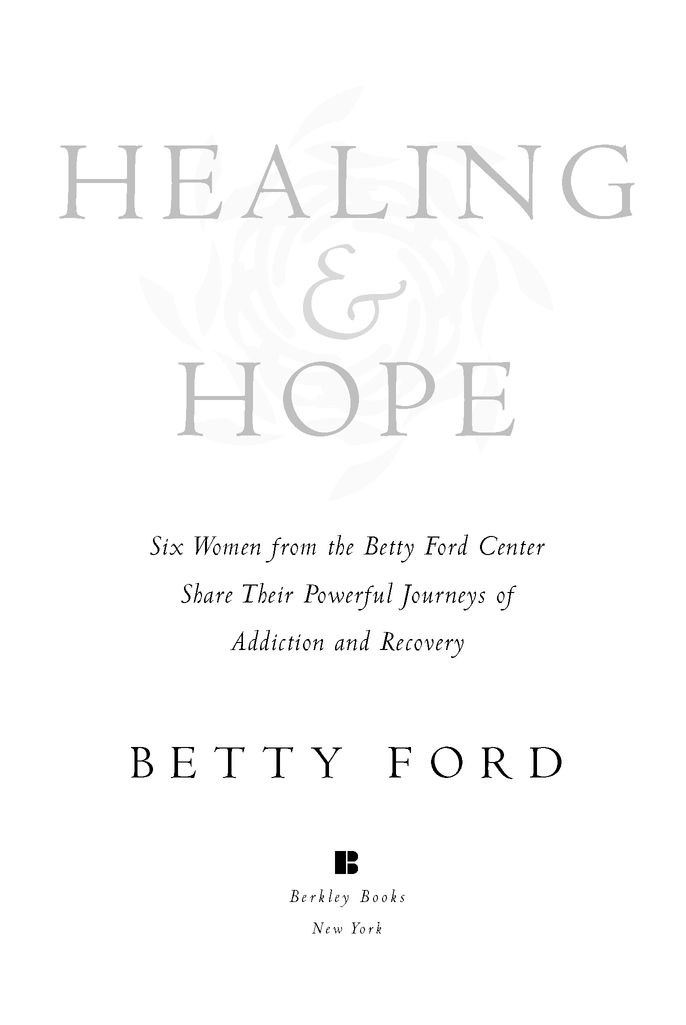Table of Contents
Dear Reader,
Healing and Hope is a window into the world of addiction, as seen through the eyes of six women who were brave enough to face their personal demons, do battleand win. Their stories are a poignant and profoundly moving testament to courage, compassion, and above all, the will to survive.
The stories I am privileged to introduce represent a cross-section of those who have gone through the Betty Ford Center during its first twenty years: black, white, Hispanic; homemakers and professionals; blue-collar, middle-class, and wealthy; lesbian and straight; young and old. These women have all experienced the devastating effects of the disease of addiction. Yet they ultimately found the strength to break free of the addictions that held them prisoner for so long.
Healing and Hope is a book for anyone struggling with addiction or who knows someone who is. But the stories in Healing and Hope are about more than addiction, treatment, and recoverythey are a compelling tribute to the enduring quality of the human spirit.
Sincerely,
Betty Ford
All author royalties from the sale of this book will go to the nonprofit Betty Ford Center
Most Berkley Books are available at special quantity discounts for bulk purchases for sales promotions, premiums, fund-raising, or educational use. Special books, or book excerpts, can also be created to fit specific needs.
For details, write: Special Markets, The Berkley Publishing Group, 375 Hudson Street, New York, New York 10014.
To Beatrice, Claire, Harriet, Jacqueline, Paula, and Laurette for having the courage to retell the past so that others may have a brighter future. To all womenparticularly those struggling with addictionthat they may see a reflection of themselves in these stories of survival and from them, find the strength to live a life free from the chains of addiction. May these intimate testimonies demonstrate that you, too, have the strength inside to begin anew.
Acknowledgments
I wish to express my personal thanks to the women in this book, who allowed themselves to be interviewed, patiently answered all our questions and trusted us with the intimate and profound experiences recorded in these chapters.
I wish also to express my deep gratitude to Damian McElrath, whose wisdom and experience helped guide us through the complex tasks of translating and portraying the sometimes bewildering and always powerful journeys from addiction to recovery. Id also like to thank Russ Patrick at Patrick Communications and Martha Bushko at G. P. Putnams Sons for bringing it all together.
Introduction
by Nancy Waite-OBrien, Ph.D.
A womans experience with addiction is different from a mans. The voices of the women in this book testify to those differences. They describe how our culture reinforces the shame and guilt associated with being a female alcoholic or addict, the devastating physical complications of this illness on women, the impact womens economic circumstances have on their access to treatment, and the psychological problems that add layers of complexity to the treatment of this illness in women. The six women profiled in this book also describe the incredible life change that occurs when a woman begins the road to recovery.
The women in this book are not celebrities. One is a school-teacher, another a housewife, one is a former gang member. They are black, white, Hispanic, lesbian and straight. Their drug of choice ranged from alcohol to prescription pills to heroin. For some of the women, treatment was successful the first time around. For others, the path to long-term sobriety was much more arduous.
In short, these women are the faces of addiction. Taken together, they represent the complex journey female alcoholics/addicts must take if and when they decide to challenge their disease.
There is an old adage that addiction is an equal-opportunity disease. After working in addiction treatment for more than twenty years, I certainly know this to be true. That said, I do believe that addiction affects men and women differently Men have historically been the identified patient vis--vis addiction; women have tended to be the invisible victims.
Alcohol and drug consumption and abuse by men tends to occur in groups, often in public (for example, in bars). For men, the consequences of excess use are likely to be played out in either a court-room or place of employment, or both. Women tend to use and abuse alcohol and/or other drugs in isolation. Instead of recognizing that the use/abuse is a symptom of the disease of addictionand needs to be treated as suchlots of euphemistic causes are cited when it comes to drug abuse by women, for example, the need to cope with physical pain or emotional problems.
A review of the scientific literature of the last forty years relative to womens alcoholism provides information about how female alcoholics /addicts are viewed within the scientific community. The assumption is that womens drinking is more frowned upon than mens drinking and therefore is more likely to be hidden. Its hidden by the woman drinker and denied by her loved ones. When it can no longer be hidden, the physical consequences are more severe.
At some time in our lives, weve probably all heard the old maxim, Nice ladies dont drink (too much). Our culture (until recently, at least) has very much frowned on the female alcoholic/addict. Even though its much more acceptable now for women to drink alcohol and/or use other drugs than it was in the past, the remnants of bias exist, as youll see in the chapter Conduct Unbecoming a Lady.
Women who lose control while consuming alcohol and/or other drugs are thought of in particularly harsh terms. They are assumed to be sexually available or to be indiscriminate in their sexual choices, to have failed in their roles as mothers or partners, and they are generally viewed as having violated the laws (or at least conventions) of gender behavior.
This is substantially different from how male alcoholics/addicts are viewed. They are more likely to be viewed as having failed at a task (work, being a law-abiding citizen), not as having failed as a human being. Many women hide their drinking or drug use in an attempt to avoid having Life Failure stamped on their foreheads.
When examining the issue of culture, its important to remember that the harshest critic of the female alcoholic/addict isnt society in the abstract, it is the woman herself. She sees herself as a failure in the important roles shes chosen for herself: mother, professional, wife, partner. These harsh internal and external judgments result in higher levels of shame and guilt in women alcoholics and addicts than in men.
There are other ways womens addiction differs from mens. Female alcoholics and addicts are likely either to be living with another user or to have been abandoned by a non-using partner. Again, our cultural zeitgeist affects the dynamic. Seldom does a man stay with an alcoholic spouse. The sense of helplessness and loss of control associated with living with an active alcoholic or addict often drives the non-alcoholic man out of the relationship. He may leave by moving out or by plunging deeper into his work. Either way, he effectively abandons the relationship.


